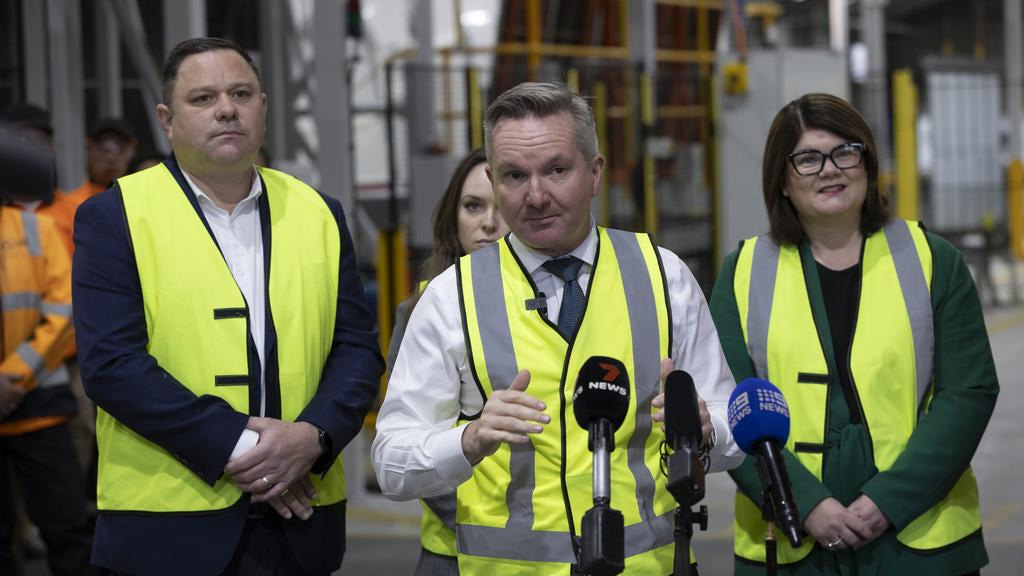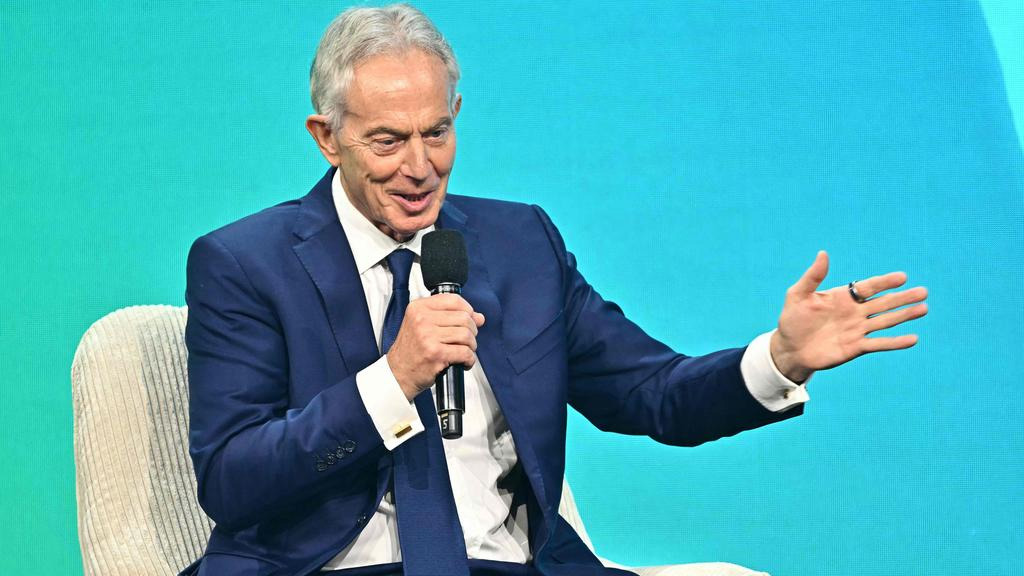
Article by Adam Creighton, courtesy of The Australian.
20 . 06 . 2025

When I began writing about economics at The Australian more than a decade ago, these pages were filled with optimism: the resource boom was in full swing, the phrase “miracle economy” still prevalent. If we had a problem it was a “two-speed” economy, and an Australian dollar that was almost as valuable as the greenback.
Fast-forward to now and there’s only one speed – and it’s too often in reverse. National income per person has fallen for nine of the past 11 quarters. Australia is dropping down global living standards league tables.
Our country excels at self-imposed economic burdens: an excessively regulated labour market that throttles small business, a compulsory saving system that takes money from workers when they need it most, and a shockingly high – and growing – income tax burden that acts as a de facto prohibition on innovation and as a powerful incentive for young, bright Australians to emigrate.
But perhaps the most damaging, and indeed ridiculous, self-harm of all is the determination to reach net-zero carbon dioxide emissions by 2050.
Even proponents of the policy put the total cost, often couched as an “investment opportunity”, at near $9 trillion by 2060, according to Net Zero Australia.
Fortunately, more people, political parties and governments are beginning to wake up to economic and scientific reality. Net zero won’t and can’t happen bar some remarkable, epoch-changing scientific breakthrough. Yet governments are inflicting enormous economic damage in trying.
In a few years the policy will go the same way as Covid zero, another costly delusion that couldn’t ever remotely pass a cost-benefit analysis.
Former British prime minister Tony Blair recently said the net-zero policy was “doomed to fail” and “riven with irrationality”, as Britain’s Labour Party faces an electoral wipeout. British trade unions are beginning to baulk at the manufacturing job losses.
In recent weeks the NSW Nationals and the South Australian Liberals have dumped net zero as a policy, following in the footsteps of the British Conservative Party earlier this year. Research by the Institute of Public Affairs and other surveys show Australians, including young people, believe the government should prioritise affordability over emissions targets. Rural and regional communities throughout the US and Britain are increasingly pushing back against the destruction of their natural environment by wind turbines and solar panels. While they rarely make the national news, the IPA has identified 178 such cases of local opposition in Australia since 2008.
The world’s biggest economies, including the US, China, India and Russia, increasingly pay, at most, lip service to the so-called Paris climate accord goals. Hardly anyone outside Australia, Canada and the ossifying, shrinking European Union takes the 2050 pledges seriously.

American author and journalist Robert Bryce, who this week wrapped up an Australian speaking tour with the IPA, blasted Australia’s energy policy as the most absurd and self-destructive in the world given our resource-rich endowments. Australia’s wholesale electricity prices have almost tripled since 2008 as the share of “renewables” in the grid has soared to 33 per cent. Canberra is seeking to paper over the economic reality of wind and solar power by partly nationalising households’ electricity bills, applying a $300 rebate to everyone’s power bill this financial year. How sustainable is this sleight of hand as prices continue to march higher?
In any case it won’t help manufacturing. Australia now has the lowest share of manufacturing employment of any OECD nation. Bryce mocks the belief that Australia’s actions could make any difference to global emissions even if we could achieve our targets. The nation’s emissions contributions have fallen to 1.1 per cent of the global total.
Meanwhile, China and India’s share of global emissions has soared to 40 per cent, more than triple that of America’s contribution. Since 2000 China has increased its annual carbon dioxide emissions by 7.9 billion tons a year, India by 1.9 billion. The two nations are building hundreds of new coal-fired (and nuclear) power plants in coming years to underpin their economic development.
“China and India are burning more coal every week than Australia consumes in a year,” Bryce says. Britain, a much larger economy than Australia, has reduced its emissions by 240 million tons by comparison, and Germany, which has spent trillions of euros, has curbed its by 282 million.
For all the economic damage, Australia isn’t even close to achieving its emissions reduction target. It’s only through creative accounting with land use and trees that the government can claim they have fallen more than 20 per cent since 2005. The reality is they have declined only 2.8 per cent, well short of the 43 per cent reduction the government has promised by 2030, on the government’s own figures.
There is no transition.
Whatever we do in the West, at whatever damage, it will have zero effect. And the idea our action will inspire others is surely laughable.
In his series of presentations, Bryce was astonished by the hypocrisy of Australia’s energy policy. On the one hand we’re supposed to be concerned about human-induced climate change, yet we rely massively on coal and gas exports to pay our way in the world, as if it matters where the carbon dioxide emissions occur.
Victoria is somewhat ludicrously building an LNG terminal to import gas from Western Australia, or possibly even overseas, because it has locked up its own plentiful gas reserves just a few hundred kilometres from Melbourne. The folly of net zero is obvious to anyone who bothers to look. Too few in the Labor Party appear to have done so, given the party remains wedded to a policy that will surely end up a great embarrassment in the years to come.
Adam Creighton is chief economist at the Institute of Public Affairs.
